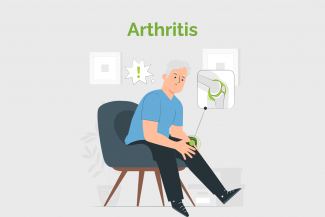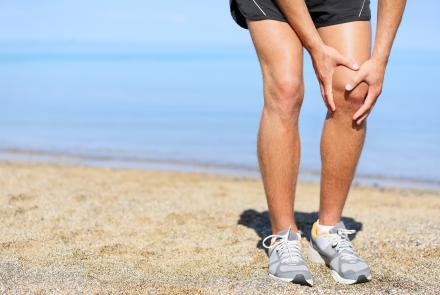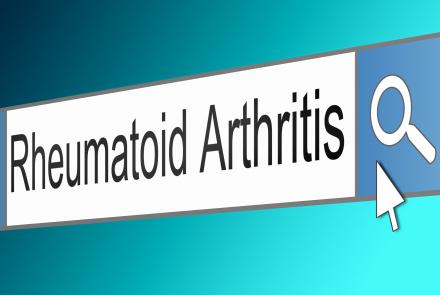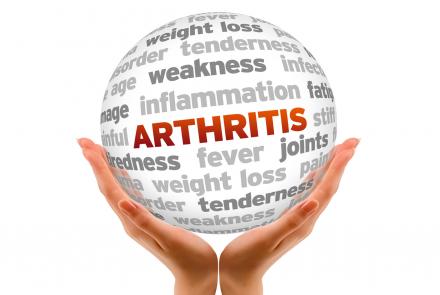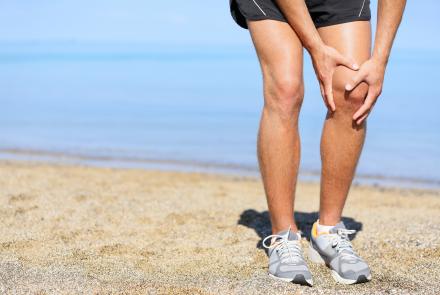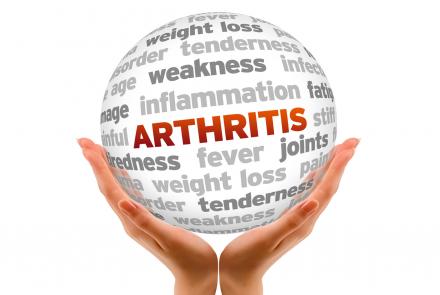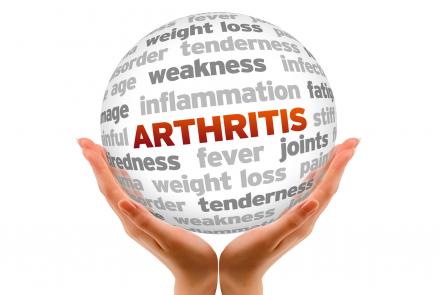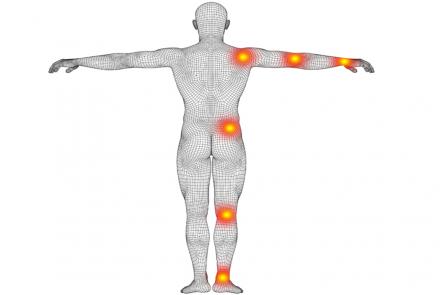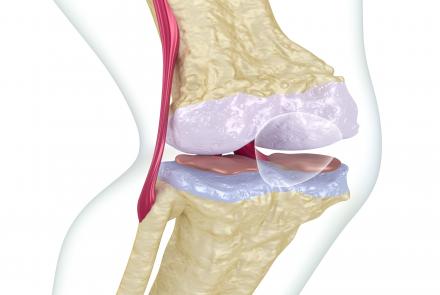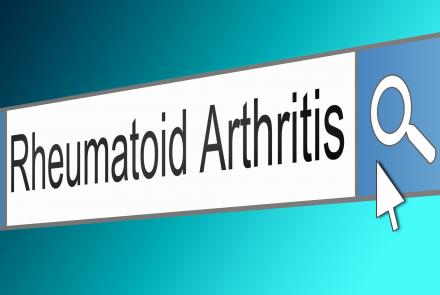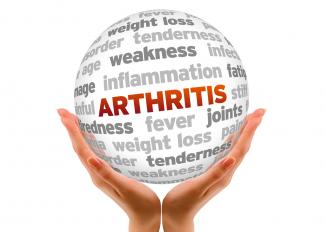
Medications: You may be prescribed the following medications depending on the cause of the arthritis:
- Topical pain-relieving creams, rubs, and sprays. These medications are applied directly to the skin over the joints to relieve pain.
- Pain killers (such as acetaminophen, ibuprofen)
- Medications that suppress the immune system such as prednisone (steroids).Biologics are lately being used to treat Rheumatoid arthritis that is not responding enough to traditional medication. These are genetically engineered proteins that inhibit inflammation-causing components of the immune system.
Surgery
Surgery may be required to repair damage to a joint after injury or to restore function or relieve pain in a joint damaged by arthritis. Many types of surgery are performed for arthritis. These include:
Arthroscopic surgery: The surgeon views the joint using a thin lighted scope that is inserted through a small incision over the joint. If repair is needed, tools may be inserted through additional small incisions.
Bone fusion: In this procedure, joint surfaces are removed from the ends of the two bones that form a joint. The bones are then held together with screws until they grow together, forming one rigid unit.
Osteotomy: In this type of surgery, a section of bone is removed to improve the positioning of a joint.
Arthroplasty: This is also known as total joint replacement. This procedure removes and replaces the damaged joint with an artificial one.

